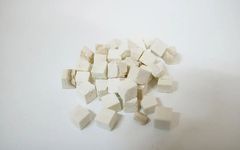Traditional Chinese Medicine Expert shares health knowledge
Click below to follow for free ↓↓↓
Those who often learn about TCM health preservation should have heard of Poria (Fu Ling). As the saying goes, “One tael of Poria is worth one tael of gold.” It has a long history in China, being very popular since the Tang and Song dynasties. The famous writer Su Dongpo often made Poria cakes, believing that mixing peeled Poria with a small amount of white honey and eating it could prolong life.
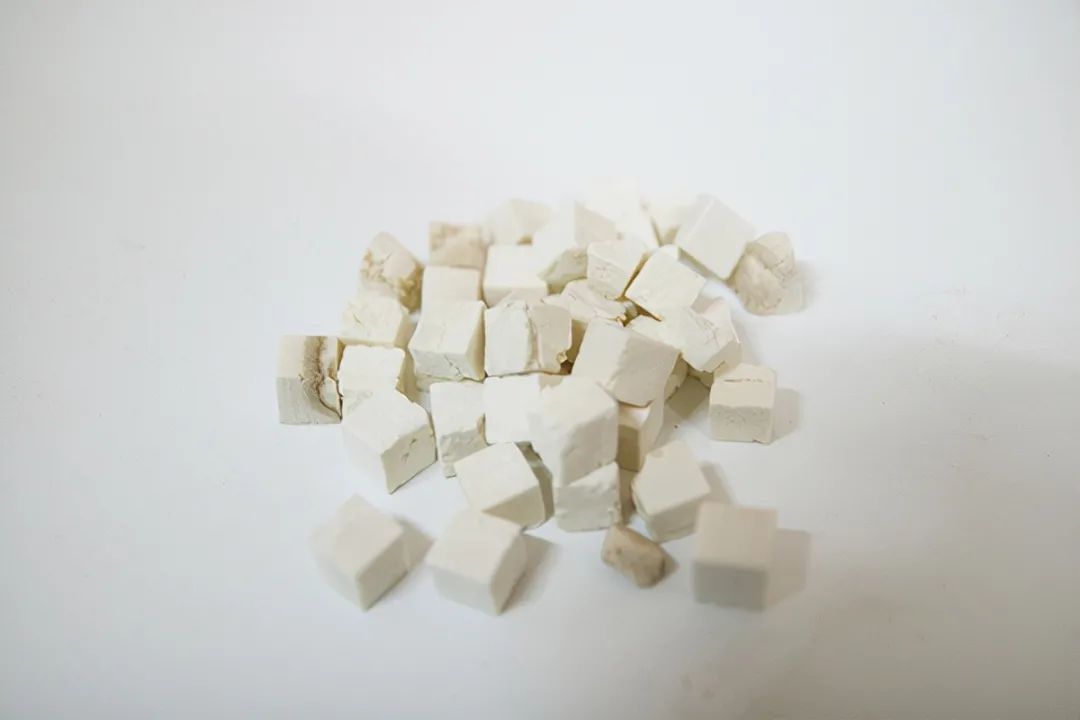
Similarly, Su Zhe, while self-studying medicine, also fell in love with Poria. It is said that in his youth, he was very weak and often ill, suffering from nausea, diarrhea, and frequent colds and fevers. After trying many medicines with no effect, he decided to self-study medicine, starting with the “Shen Nong’s Materia Medica”. He became very familiar with hundreds of Chinese herbs and discovered Poria, which he bought and took daily. Surprisingly, many of his ailments disappeared, and he became healthier.
There are many stories about the benefits of Poria. From ancient times to the present, doctors have believed that Poria has numerous benefits for the body. Over two thousand years ago, it was recorded in the “Huainanzi” that “Poria grows below, and the rabbit vine grows above.”
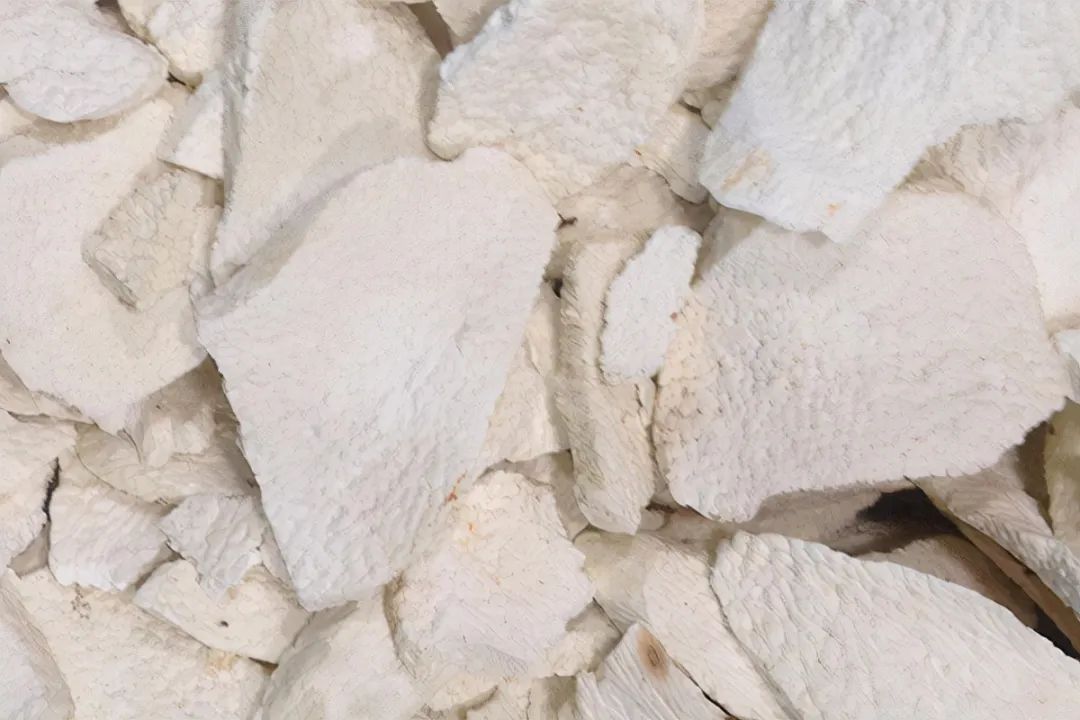
The “Four Seasons Divine Medicine” Poria: Five Lesser-Known Benefits
Benefit 1: Relieves Urinary Difficulties and Edema
Poria has a diuretic effect. Its properties are mild, and it has a sweet taste, promoting the metabolism of water in the body and expelling excess water, making it particularly suitable for patients with kidney disease. It can be used by those with either cold-damp or damp-heat constitutions.
Benefit 2: Protects the Digestive System
From a TCM perspective, Poria belongs to the spleen meridian and can strengthen the spleen and stomach. For those who are often ill, very thin, weak, and suffer from diarrhea, it can tonify the spleen and boost qi. It can be combined with ginseng, Bai Zhu (White Atractylodes), and Gan Cao (Licorice) to make Si Jun Zi Tang (Four Gentlemen Decoction) to treat spleen and stomach qi deficiency. From a Western medicine perspective, Poria is rich in dietary fiber, which can promote intestinal peristalsis, aid digestion, and accelerate metabolism, playing a role in detoxification and bowel cleansing, effectively treating gastrointestinal diseases and protecting the digestive system.
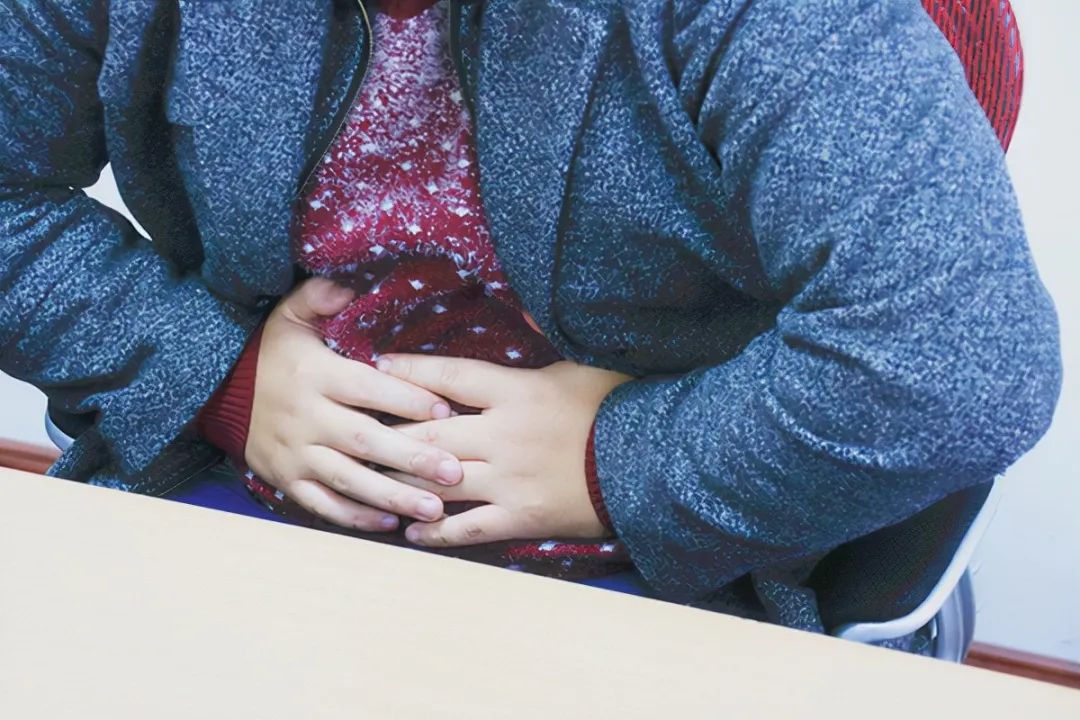
Benefit 3: Anti-inflammatory and Antibacterial
Research has found that Poria contains polysaccharides, which are very beneficial to human health. Some polysaccharides can activate the immune system and control acute or chronic inflammation. However, it should not be used in excess, as overdosing can worsen symptoms, so caution is advised.
Benefit 4: Calms the Mind
Some individuals often experience anxiety, palpitations, poor sleep quality, and frequent dreams, remaining in a state of long-term anxiety, which can easily lead to depression. In such cases, Poria can be considered, as it effectively calms the mind and alleviates these symptoms.
Benefit 5: Enhances Physical Strength and Boosts Immunity
As mentioned, Poria contains many polysaccharides, as well as various vitamins and trace elements that are easily absorbed by the body. After absorption, the immune function is enhanced, thereby improving bone marrow hematopoiesis. Studies have shown that taking Poria can reduce the white blood cell count in leukemia patients, which is beneficial for stabilizing red blood cell levels.
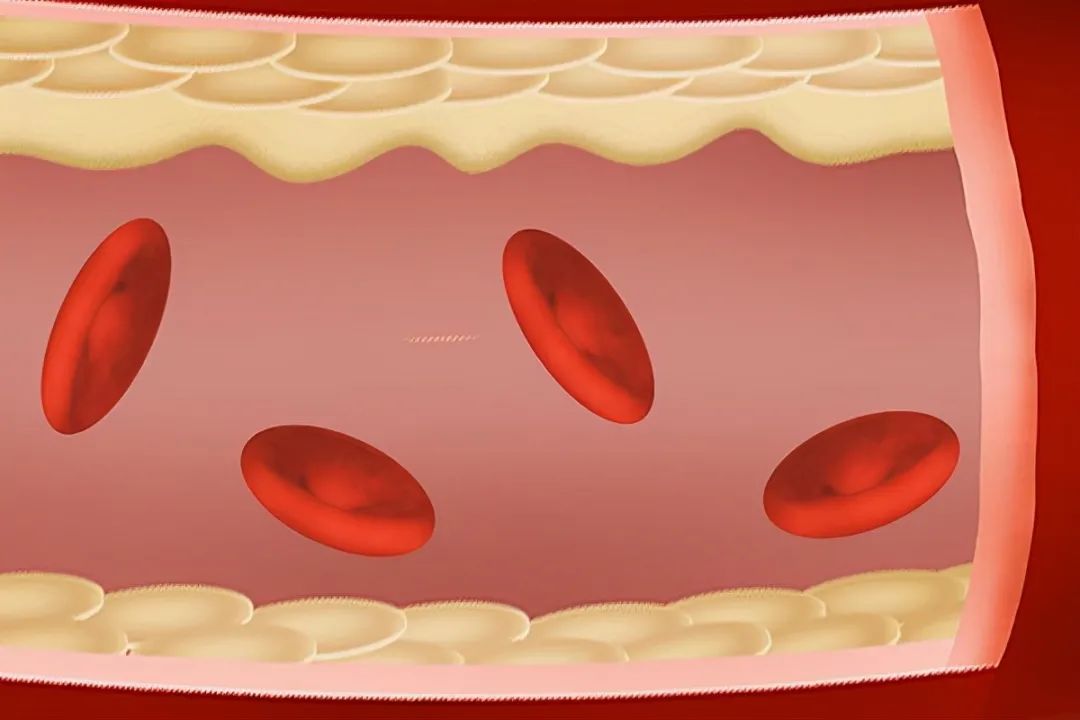
At this point, everyone should have a new understanding of Poria. In addition to the five benefits mentioned, it also has other effects, such as relieving cough, regulating phlegm and dampness, treating lower back pain, preventing cancer, and assisting in the treatment of cardiovascular and cerebrovascular diseases.
So how should Poria be consumed? In fact, it is valuable all over, with different parts having different effects. For example, the skin of Poria can promote diuresis and reduce swelling, treating edema and abdominal distension; red Poria can clear heat and eliminate dampness; and the medicinal effect of Poria (Fu Shen) is the best, which includes the aforementioned benefits. White Poria can also treat spleen deficiency, excess dampness, and regulate urinary difficulties.
At this point, many might say, since there are so many benefits, I should start taking it tomorrow. However, I must remind everyone that there are certain contraindications for consuming Poria, and not paying attention can lead to adverse effects.
Contraindications for Poria
Not suitable for diabetics:Because Poria contains many polysaccharides and a large amount of starch, long-term consumption can easily cause blood sugar to rise, making it unsuitable for diabetics.
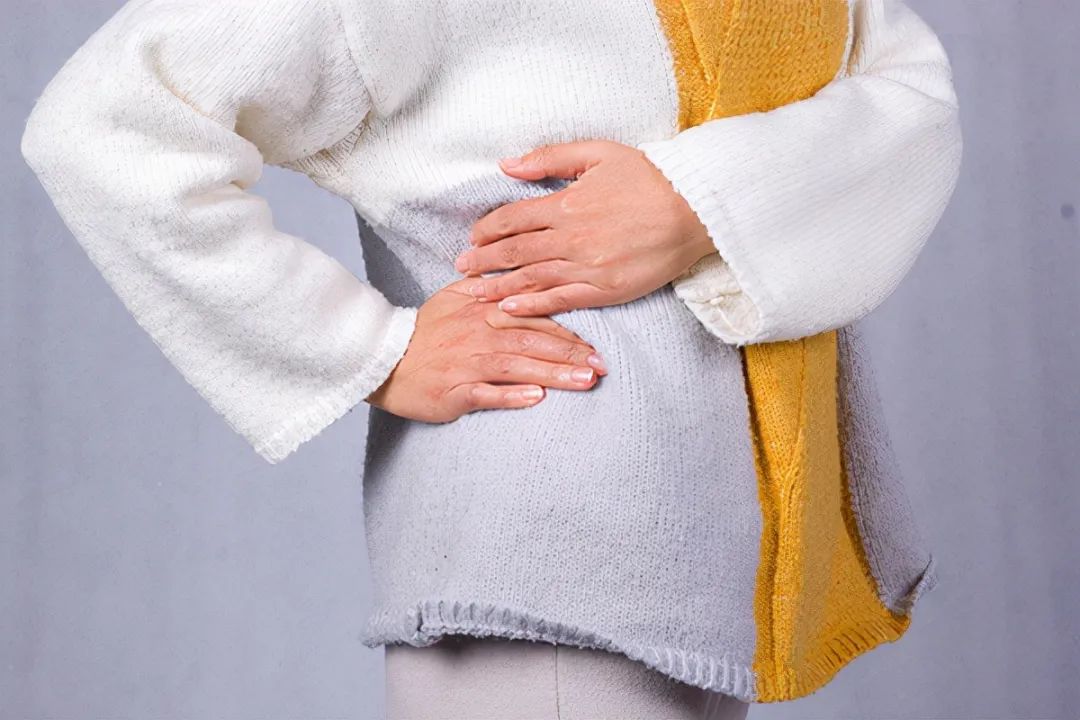
For those allergic to Poria:Some individuals are allergic to Poria and may experience allergic reactions such as skin itching and rashes after consumption. Therefore, this group should not consume Poria.
Should not be taken on an empty stomach:Poria contains an acid that can increase gastric acid secretion and irritate the gastrointestinal tract if taken on an empty stomach. Therefore, it should not be consumed on an empty stomach but rather half an hour after meals.
Control the dosage:Although Poria has many benefits, it is still a medicinal material, and “all medicines have toxicity”. Therefore, it should be taken regularly under a doctor’s guidance, controlling the dosage and not consuming it in large amounts for a long time.
In conclusion, everyone should now know that Poria has many benefits for the body. If you have a weak constitution and often fall ill, you might consider trying Poria, but also pay attention to the contraindications to avoid harming your health.
Traditional Chinese Medicine Expert shares health knowledge
Click below to follow for free ↓↓↓
Note:Some text and image resources in this article are sourced from the internet. The purpose of reprinting this article is to convey more information. If there are any errors in source attribution or infringement of your legitimate rights, please notify us immediately, and we will delete it promptly and apologize.
Previous reviews
-
The side effects of Sanqi powder: Eating Sanqi this way can be deadly!
-
Huang Qi essence as a pure Chinese medicine preparation, who is it generally suitable for?
-
Doctor’s advice: Huang Qi’s “first nemesis”, pairing it with these two can make cancer cells “sneakily active”.

